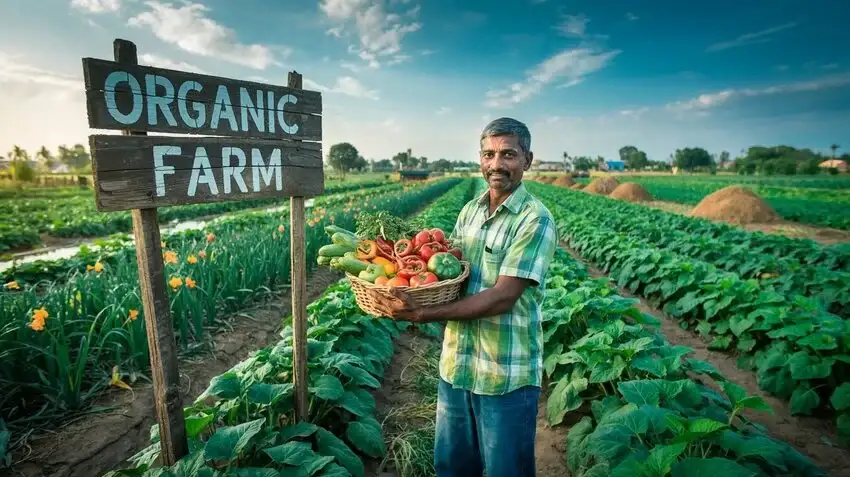Why Organic Farming is Better for the Environment: A Comparison
In recent years, the conversation around food production has shifted significantly. As consumers become more aware of the impact of their choices on the environment, organic farming principles have gained significant traction as an alternative to conventional agricultural practices. But
Read More

